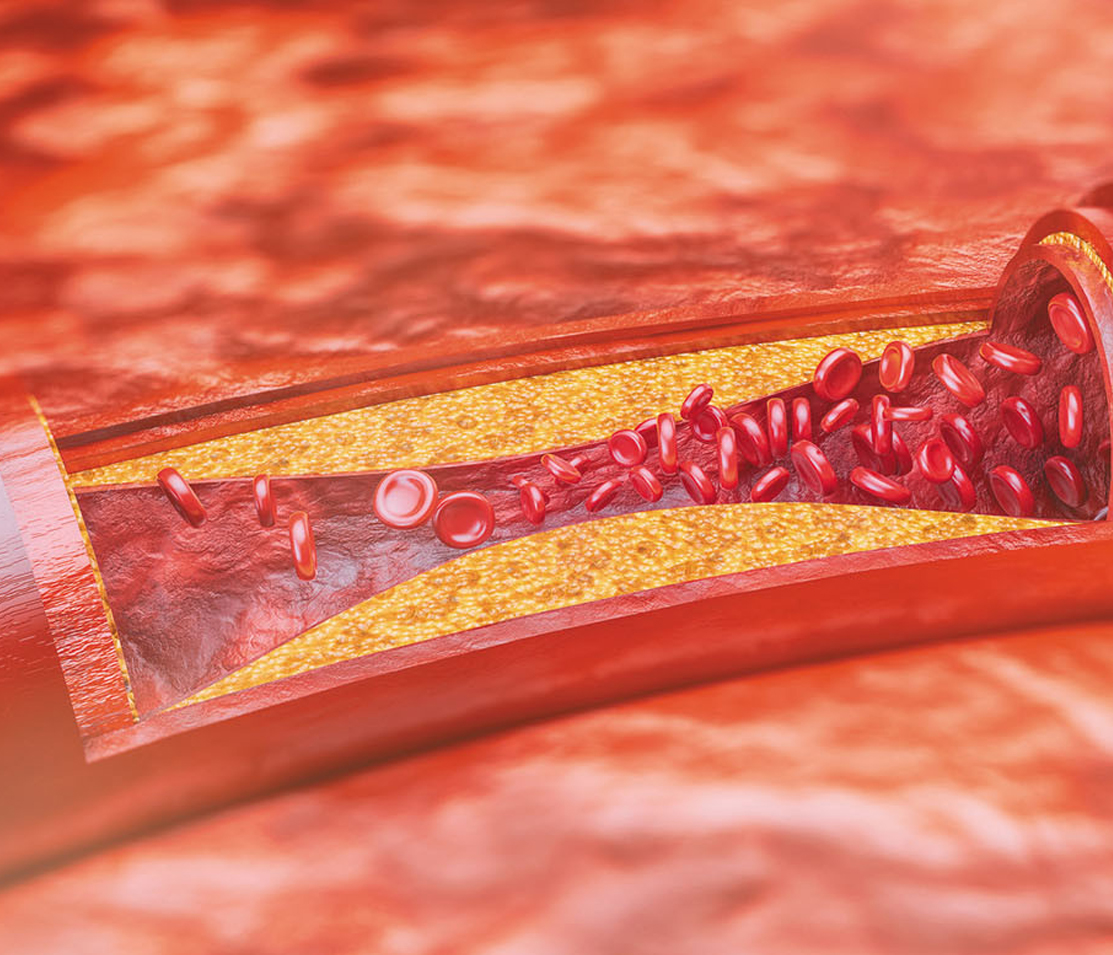Preventing Atherosclerosis: Lifestyle Changes for a Healthy Heart
Discover effective lifestyle changes to prevent atherosclerosis and promote a healthy heart. Explore heart-healthy habits, dietary tips, and exercise routines to reduce the risk of atherosclerosis and support optimal cardiovascular wellness. Take proactive steps towards maintaining artery health and enhancing overall vascular well-being.
The human heart, a marvel of biological engineering, relies on a healthy circulatory system to function optimally. Atherosclerosis, a condition characterized by the accumulation of plaque in the arteries, poses a significant threat to heart health. However, adopting proactive lifestyle changes can play a crucial role in preventing atherosclerosis and maintaining a robust cardiovascular system.
Understanding Atherosclerosis:
Atherosclerosis is a progressive condition that involves the gradual buildup of plaque, a combination of cholesterol, fat, calcium, and other substances, on the inner walls of arteries. Over time, this plaque can harden and narrow the arteries, restricting blood flow to vital organs, including the heart.
Causes and Risk Factors:
Several factors contribute to the development of atherosclerosis. High levels of low-density lipoprotein (LDL) cholesterol, smoking, high blood pressure, diabetes, and a sedentary lifestyle are key contributors. Genetics and family history also play a role in an individual's susceptibility to this condition.
The Role of Lifestyle Changes:
-
Heart-Healthy Diet: Adopting a heart-healthy diet is paramount in preventing atherosclerosis. Focus on consuming a variety of fruits, vegetables, whole grains, lean proteins, and healthy fats. Limit the intake of saturated and trans fats, as they contribute to elevated cholesterol levels.
-
Regular Exercise: Engaging in regular physical activity is a powerful way to support heart health. Exercise helps maintain a healthy weight, lowers blood pressure, and contributes to favorable cholesterol levels. Aim for at least 150 minutes of moderate-intensity exercise per week.
-
Smoking Cessation: Smoking is a major risk factor for atherosclerosis. Quitting smoking significantly reduces the risk of developing this condition and improves overall cardiovascular health. Seek support from healthcare professionals or smoking cessation programs for assistance.
-
Maintaining a Healthy Weight: Obesity is linked to various cardiovascular risk factors, including atherosclerosis. Achieving and maintaining a healthy weight through a combination of balanced nutrition and regular exercise is essential for heart health.
-
Managing Blood Pressure: Hypertension contributes to the progression of atherosclerosis. Regular monitoring of blood pressure, adherence to prescribed medications, and lifestyle modifications such as reducing sodium intake can help manage blood pressure effectively.
-
Controlling Diabetes: Individuals with diabetes are at an increased risk of atherosclerosis. Proper management of diabetes through medication, diet, and regular monitoring of blood sugar levels is crucial in preventing complications related to the cardiovascular system.
Regular Health Check-ups:
In addition to lifestyle changes, regular health check-ups are essential for monitoring cholesterol levels, blood pressure, and overall cardiovascular health. Early detection of risk factors allows for timely intervention and preventive measures.
Conclusion:
Preventing atherosclerosis requires a holistic approach that encompasses healthy lifestyle choices. By adopting a heart-healthy diet, engaging in regular exercise, quitting smoking, maintaining a healthy weight, and managing underlying health conditions, individuals can significantly reduce their risk of developing atherosclerosis and promote long-term heart health.
Remember, small changes can make a big difference in preventing atherosclerosis and supporting a healthy heart throughout life.



Comments
Leave your comment